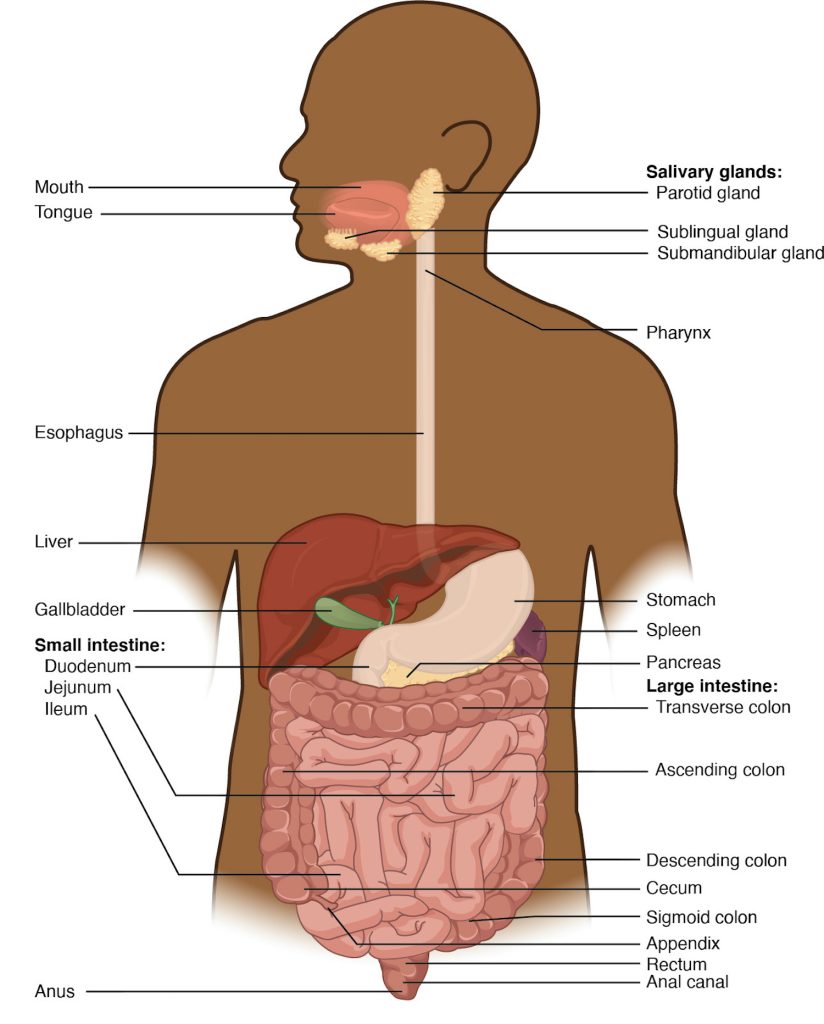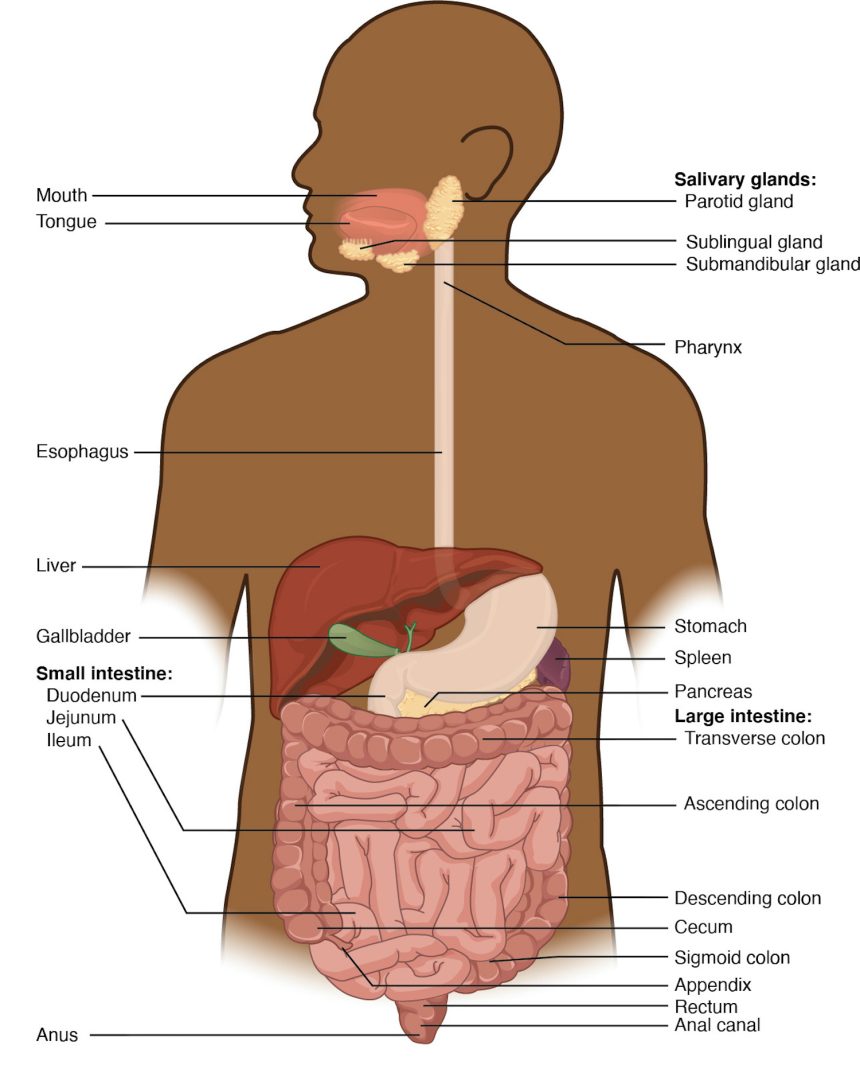The digestive system is a remarkable network of organs and tissues responsible for breaking down food, extracting nutrients, and eliminating waste. Often taken for granted, this intricate system plays a fundamental role in sustaining life. In this comprehensive exploration, we delve into the anatomy, function, and importance of the digestive system. The digestive system comprises a series of organs, each with specialized functions. It begins with the mouth, where digestion begins with the mechanical and chemical breakdown of food through chewing and saliva production
Anatomy of the Digestive System:

The digestive system comprises a series of organs, each with specialized functions. It begins with the mouth, where digestion begins with the mechanical and chemical breakdown of food through chewing and saliva production. From there, food travels down the esophagus to the stomach, where it undergoes further digestion aided by gastric juices and enzymes. The small intestine is where the majority of nutrient absorption occurs, while the large intestine absorbs water and prepares waste for elimination.The digestive system comprises a series of organs, each with specialized functions. It begins with the mouth, where digestion begins with the mechanical and chemical breakdown of food through chewing and saliva production
Functionality of Digestion:
Digestion is a complex process that involves both mechanical and chemical mechanisms. Mechanical digestion breaks down food into smaller particles through chewing, mixing, and churning actions of the digestive organs. Chemical digestion involves the action of enzymes and acids to break down complex molecules into simpler forms that can be absorbed by the body.
Role of Enzymes:
Enzymes are catalysts that facilitate chemical reactions in the body, including those involved in digestion. Each enzyme is specific to a particular substrate, ensuring the efficient breakdown of carbohydrates, proteins, and fats into absorbable nutrients. Examples include amylase, which breaks down carbohydrates, and lipase, which breaks down fats.
Nutrient Absorption:
The small intestine is lined with millions of tiny finger-like projections called villi and microvilli, which greatly increase its surface area for nutrient absorption. Nutrients such as sugars, amino acids, fatty acids, vitamins, and minerals are absorbed into the bloodstream through these structures and transported to various cells and tissues for energy production, growth, and repair.
Importance of Gut Microbiota:
The gut microbiota, consisting of trillions of bacteria, fungi, and other microorganisms, play a crucial role in digestion and overall health. These microorganisms aid in the breakdown of certain nutrients, produce vitamins, modulate the immune system, and protect against harmful pathogens. Maintaining a healthy balance of gut microbiota is essential for optimal digestive function and overall well-being.
Common Digestive Disorders:
Despite its remarkable efficiency, the digestive system is susceptible to various disorders and diseases. These conditions can cause symptoms such as abdominal pain, bloating, diarrhea, and constipation, significantly impacting quality of life.
Lifestyle Factors and Digestive Health:
Several lifestyle factors can influence digestive health, including diet, hydration, exercise, stress management, and sleep. Consuming a balanced diet rich in fibre, fruits, vegetables, and probiotics supports healthy digestion and maintains a diverse gut microbiota. Adequate hydration helps keep digestion running smoothly, while regular exercise promotes bowel regularity and reduces the risk of digestive disorders.
The Mind-Gut Connection:
Emerging research suggests a strong connection between the brain and the gut, often referred to as the “mind-gut axis.” This bidirectional communication system influences mood, stress responses, and digestive function. Stress and anxiety can disrupt gut motility and exacerbate symptoms of digestive disorders, highlighting the importance of holistic approaches to health and wellness.
Conclusion:
The digestive system is a marvel of biological engineering, essential for nutrient absorption, energy production, and waste elimination. Its intricate mechanisms ensure that we derive maximum benefit from the foods we consume, sustaining life and supporting overall health. By understanding the anatomy, function, and importance of the digestive system, we can make informed choices to optimize digestive health and well-being.
Discover the essential role of the tongue in the Anatomy of the Digestive System and its impact on digestion and taste


